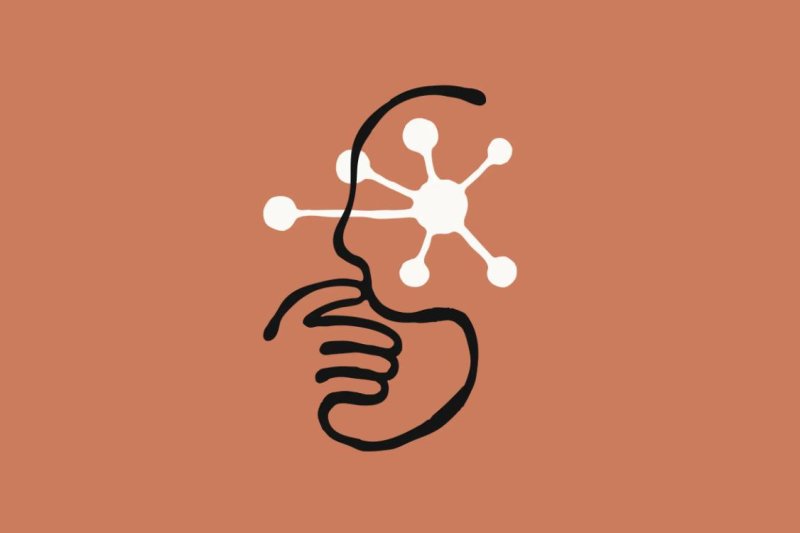Artificial intelligence company Anthropic has released Claude 3.7 Sonnet, the world’s first “hybrid reasoning” AI model that can outperform other models to solve more complex problems in math and coding. Image courtesy of Anthropic
Feb. 24 (UPI) — Artificial intelligence startup Anthropic has released the world’s first “hybrid reasoning” AI model that can outperform other models to solve more complex problems in math and coding.
Claude 3.7 Sonnet is available starting Monday in the Claude app for users and developers.
“Introducing Claude 3.7 Sonnet: our most intelligent model to date,” the company announced Monday in a post on X. “It’s a hybrid reasoning model, producing near-instant responses or extended, step-by-step thinking.”
Anthropic is also releasing a new tool, called Claude Code, for AI-assisted coding. Claude Code is an “active collaborator that can search and read code, edit files, write and run tests, commit and push code to GitHub and use command line tools.”
“The model is already good at coding,” said Dianne Penn, product lead of research at Anthropic. “We fundamentally believe that reasoning is a feature of the AI rather than a completely separate thing.”
To test Claude 3.7 Sonnet, Anthropic employees built front-end website designs, interactive games and challenged its ability to code through step-by-step reasoning.
Claude 3.7 Sonnet was also tested on its ability to advance through older Pokémon video games. While its predecessor Claude 3.5 Sonnet could not get out of Pallet Town at the beginning of the game, Claude 3.7 defeated multiple gym leaders. The new model will cost the same as 3.5 Sonnet at $3 per million input tokens and $15 per million output tokens.
Claude 3.7 — which is available through Anthropic’s API, Amazon Bedrock and Google Cloud’s Vertex AI — also features a new “scratchpad,” that can help a user understand how a model is working through a problem in order to modify prompts. It allows users and developers to input how quickly a problem is solved.
“The user has a lot of control over the behavior — how long it thinks, and can trade reasoning and intelligence with time and budget,” said Michael Gerstenhaber, product lead, AI platform at Anthropic.
“Sometimes the developer just needs to say it shouldn’t take more than 200 milliseconds to answer this question,” Gerstenhaber added. “And that’s a product decision.”
